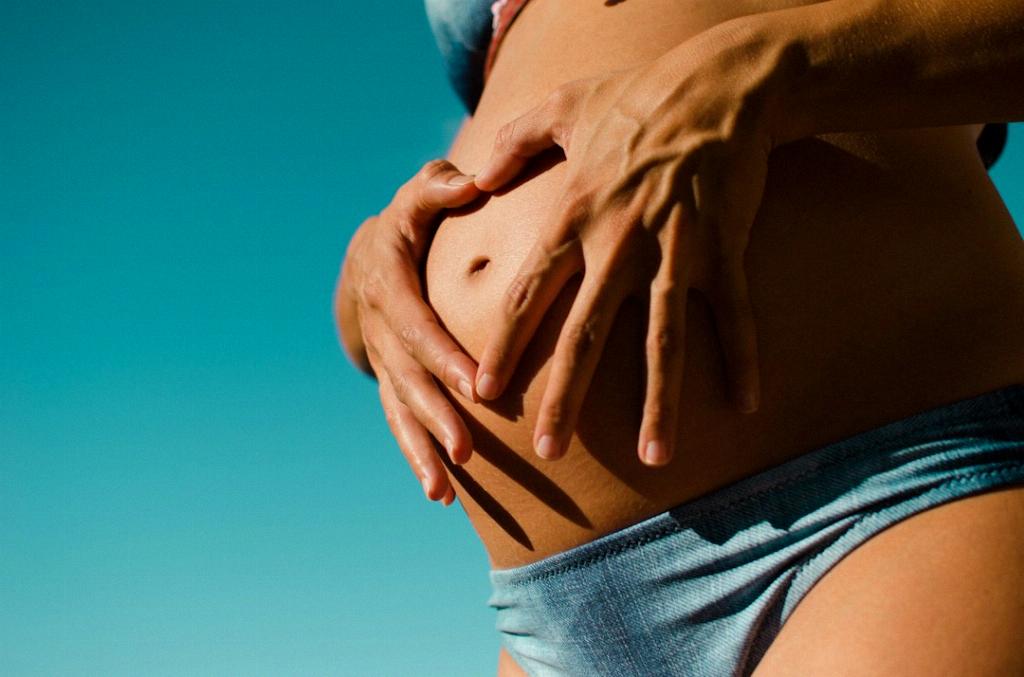Staying adequately hydrated is crucial for overall health, especially during pregnancy. Water plays a vital role in various bodily functions, including regulating body temperature, aiding digestion, and transporting nutrients. In the context of blood pressure management, hydration can also have a significant impact.
Understanding Blood Pressure During Pregnancy
It’s essential to recognize that pregnancy can lead to fluctuations in blood pressure. Some women may experience a temporary increase in blood pressure, known as gestational hypertension, while others may develop preeclampsia, a more severe condition characterized by high blood pressure and other complications. Monitoring blood pressure levels is essential throughout pregnancy.
The Relationship Between Water Intake and Blood Pressure
Research suggests that adequate water intake can help regulate blood pressure levels. Dehydration can lead to changes in blood volume and affect the body’s ability to maintain stable blood pressure. By staying hydrated, especially with pure water, pregnant women can potentially support healthy blood pressure levels.
Benefits of Drinking Water for Blood Pressure Management
Drinking water helps the body maintain proper blood volume, which is essential for blood pressure regulation. When adequately hydrated, blood vessels can dilate more easily, promoting smoother blood flow and potentially lowering blood pressure. Moreover, staying hydrated can reduce the risk of dehydration-related blood pressure spikes.
Hydration Tips for Pregnant Women
Pregnant women are advised to consume six to eight glasses of water daily to support overall health and hydration. However, individual water needs may vary based on factors such as activity level, climate, and gestational stage. It’s essential to listen to your body’s cues and increase water intake if needed.
Adding Variety to Your Hydration Routine
While plain water is a fantastic choice for staying hydrated, pregnant women can also incorporate other hydrating beverages and foods into their diet. Fresh fruits, herbal teas, and homemade smoothies can contribute to overall fluid intake and provide essential nutrients for both mom and baby.
Monitoring Your Fluid Intake
Keeping track of your fluid intake throughout the day can help ensure you’re meeting your hydration goals. Consider carrying a refillable water bottle and setting reminders to drink regularly. Remember that thirst is a late indicator of dehydration, so proactive hydration is key.
Consulting with Your Healthcare Provider
As with any aspect of pregnancy health, it’s crucial to consult with your healthcare provider about your hydration practices and overall blood pressure management. Your healthcare team can provide personalized recommendations based on your medical history and current pregnancy status.
Staying Informed and Empowered
By understanding the connection between hydration, blood pressure, and pregnancy, you can take proactive steps to support your health and well-being. Stay informed about the benefits of drinking water, listen to your body’s signals, and prioritize self-care throughout your pregnancy journey.
Conclusion
So, can drinking water lower blood pressure during pregnancy? While water alone may not be a standalone solution for managing blood pressure, maintaining proper hydration levels can certainly contribute to overall health and potentially support healthy blood pressure regulation. By making hydration a priority and seeking guidance from healthcare professionals, pregnant women can take positive steps towards optimal well-being.

